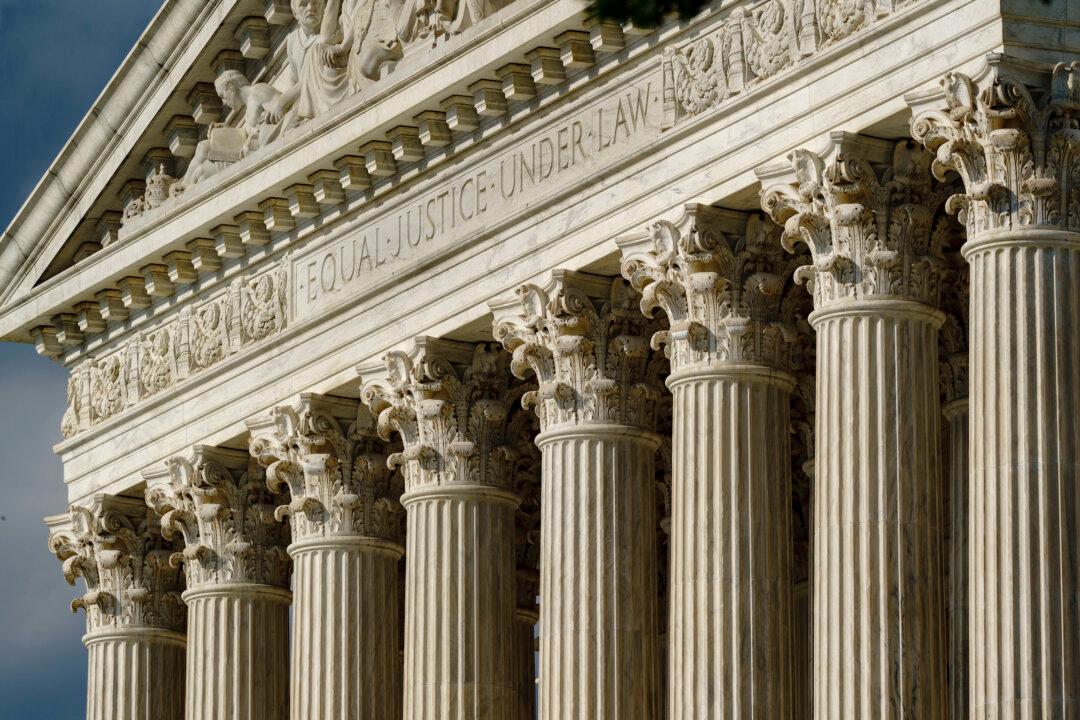More than 200 U.S. citizens, family members, and estates of deceased U.S. citizens are asking the Supreme Court to revive their lawsuit against a foreign bank for allegedly processing hundreds of transfers moving millions of dollars for terrorist group Hamas’s principal European fundraiser, Interpal, over a decade.
A bipartisan group of U.S. senators has filed a friend-of-the-court brief in support of the petitioners in the case known as Weiss v. National Westminster Bank Plc, court file 21-381. Among those senators are Majority Leader Chuck Schumer (D-N.Y.), Marco Rubio (R-Fla.), Robert Menendez (D-N.J.), and Joni Ernst (R-Iowa).





